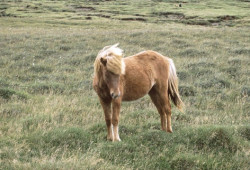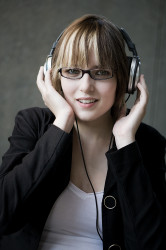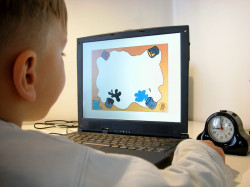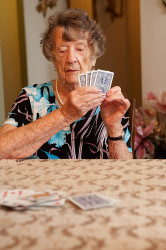Vocabulary
Here are the words from the story and some more on the same topics.
The vocabulary lists always show:
- the word, singular and plural
- the pronunciation
- the part of speech
- the definition
- an example
Sometimes you also find synonyms or antonyms:
- A synonym is a word that has the same meaning.
- An antonym is a word that has the opposite meaning.
At the end of each list, you can practise the words with our vocabulary trainer. First, choose the information that you want to be displayed. Then choose if you want to enter the word or the translation. Press "start" and write the solution into the box. Finally, press "enter" to get feedback.
Wortschatz
Hier findest du die Wörter aus der Story und noch einige mehr zu den selben Themen.
Die Vokabellisten zeigen immer:
- das Wort, Einzahl und Mehrzahl
- die Aussprache
- die Wortart
- die Definition
- ein Beispiel
Manchmal findest du auch Synonyme oder Antonyme:
- Ein Synonym ist ein Wort mit der gleichen Bedeutung.
- Ein Antonym ist ein Wort mit der gegensätzlichen Bedeutung.
Am Ende jeder Liste kannst du die Wörter mit unserem Vokabeltrainer üben. Wähle zunächst, welche Information du angezeigt bekommen möchtest. Dann entscheide, ob du das Wort oder die Übersetzung eingeben willst. Klicke "start" und schreibe die Lösung in das Eingabefeld. Dann drücke "Enter", um Feedback zu bekommen.
In this unit you can learn words from the following categories:
In dieser Unit kannst du Wörter der folgenden Kategorien lernen:
Wörterliste: Action verbs
Bild anzeigen
 imgserver-45-5105845
imgserver-45-5105845Bild anzeigen
 imgserver-45-5096215
imgserver-45-5096215Bild anzeigen
 imgserver-45-4700003
imgserver-45-4700003Bild anzeigen
 imgserver-45-4665085
imgserver-45-4665085
Anzeige / Eingabe anpassen
Tastatur-Shortcuts: Enter: Auswerten / Zur nächsten Abfrage | Alt+1: Tipp | Alt+2: Lösung
Wörterliste: Farm animals
Bild anzeigen
 imgserver-10-4629642
imgserver-10-4629642Bild anzeigen
 imgserver-10-4716766
imgserver-10-4716766-
Übersetzung anzeigen
Übersetzung:- Pony
Bild anzeigen
 imgserver-10-6990122
imgserver-10-6990122-
Übersetzung anzeigen
Übersetzung:- Kuh
Bild anzeigen
 imgserver-10-4705704
imgserver-10-4705704Bild anzeigen
 imgserver-10-4628968
imgserver-10-4628968Bild anzeigen
 imgserver-10-6990193
imgserver-10-6990193-
Übersetzung anzeigen
Übersetzung:- Huhn
Bild anzeigen
 imgserver-10-4616571
imgserver-10-4616571-
Übersetzung anzeigen
Übersetzung:- Ziege
Anzeige / Eingabe anpassen
Tastatur-Shortcuts: Enter: Auswerten / Zur nächsten Abfrage | Alt+1: Tipp | Alt+2: Lösung
Anzeige / Eingabe anpassen
Tastatur-Shortcuts: Enter: Auswerten / Zur nächsten Abfrage | Alt+1: Tipp | Alt+2: Lösung





















